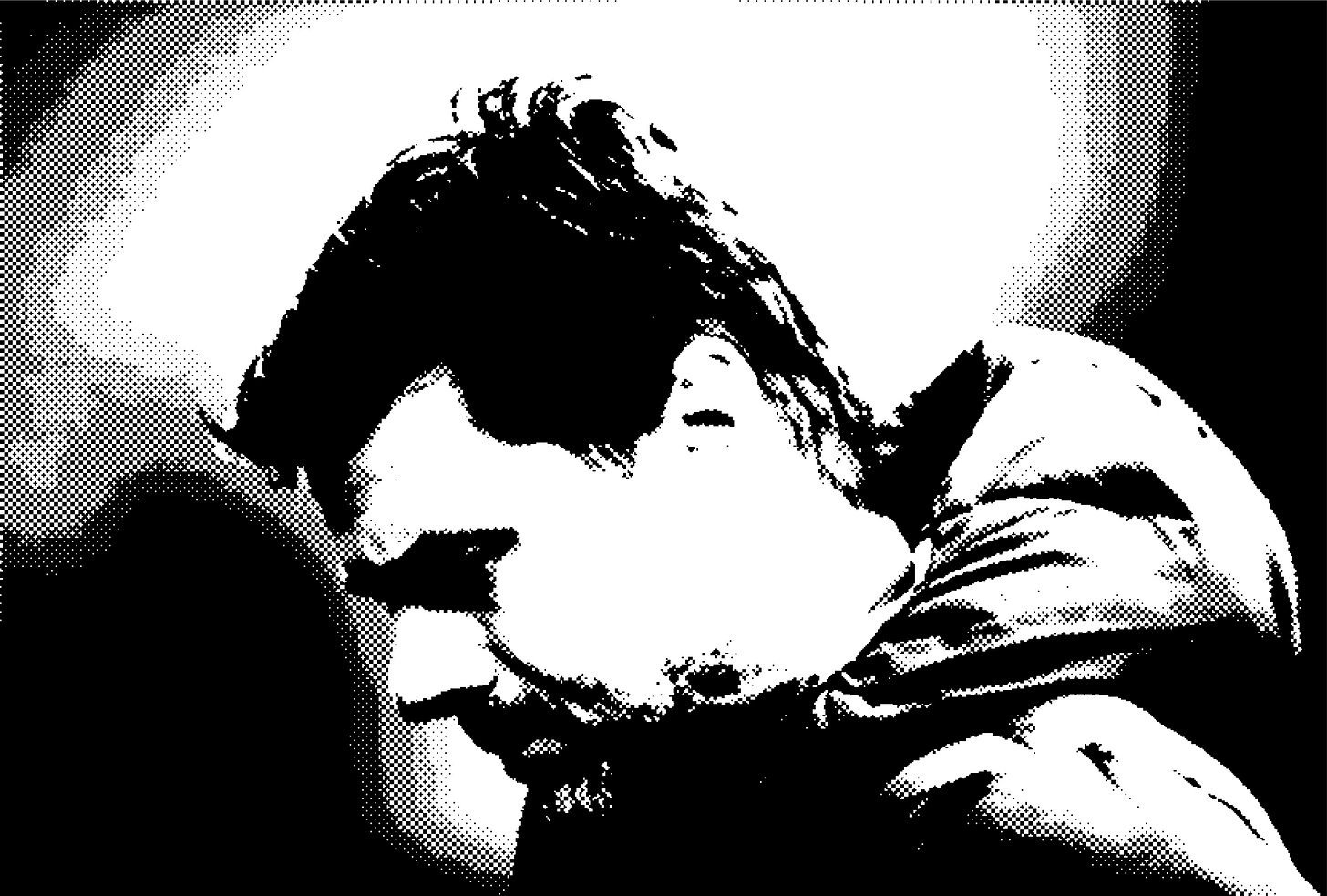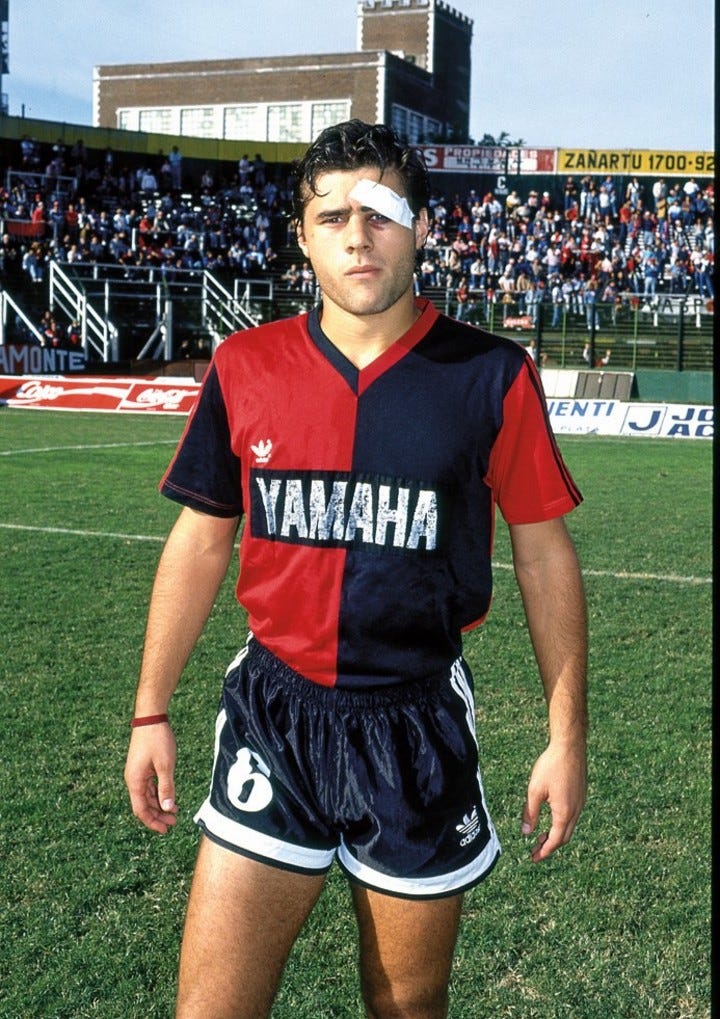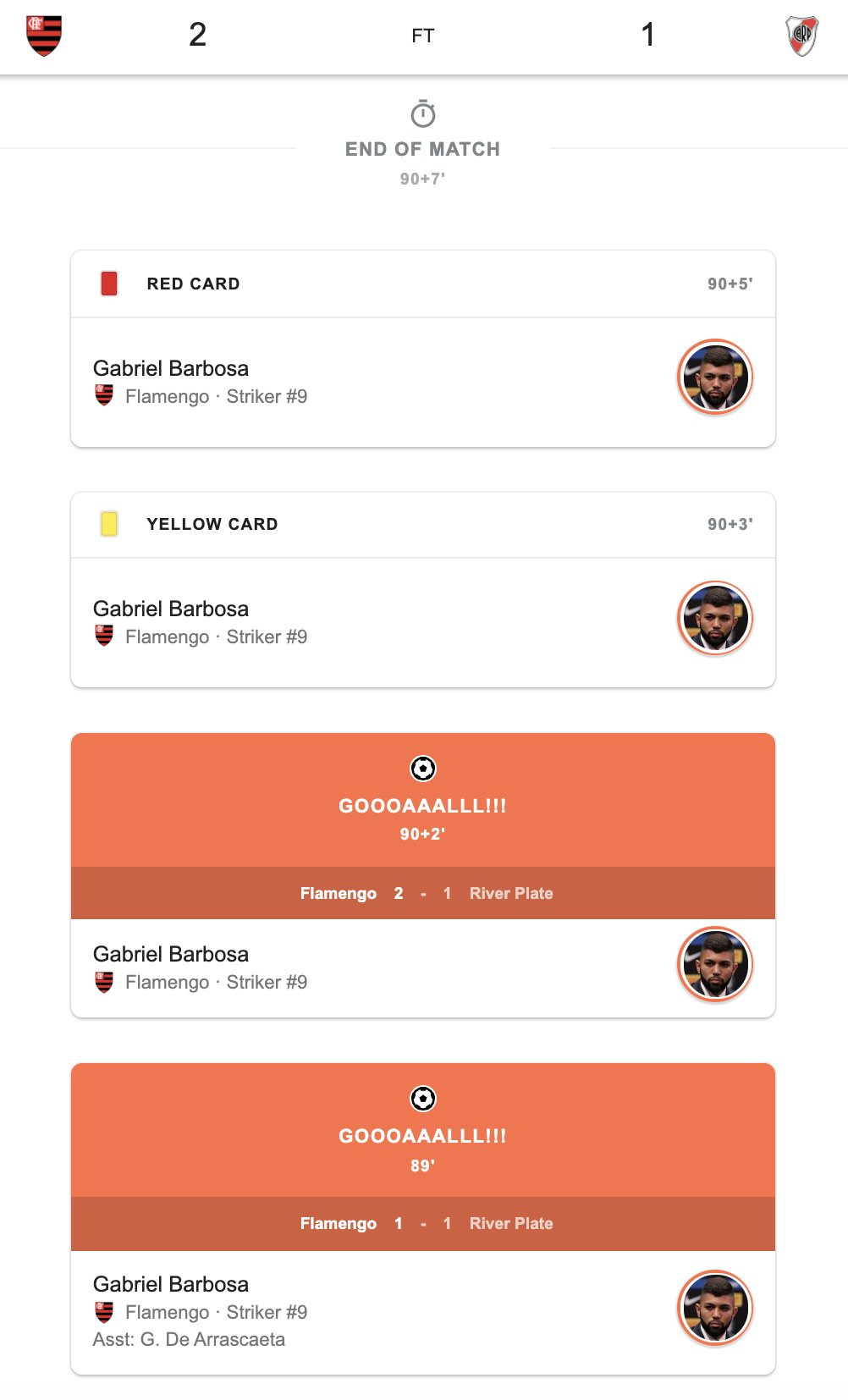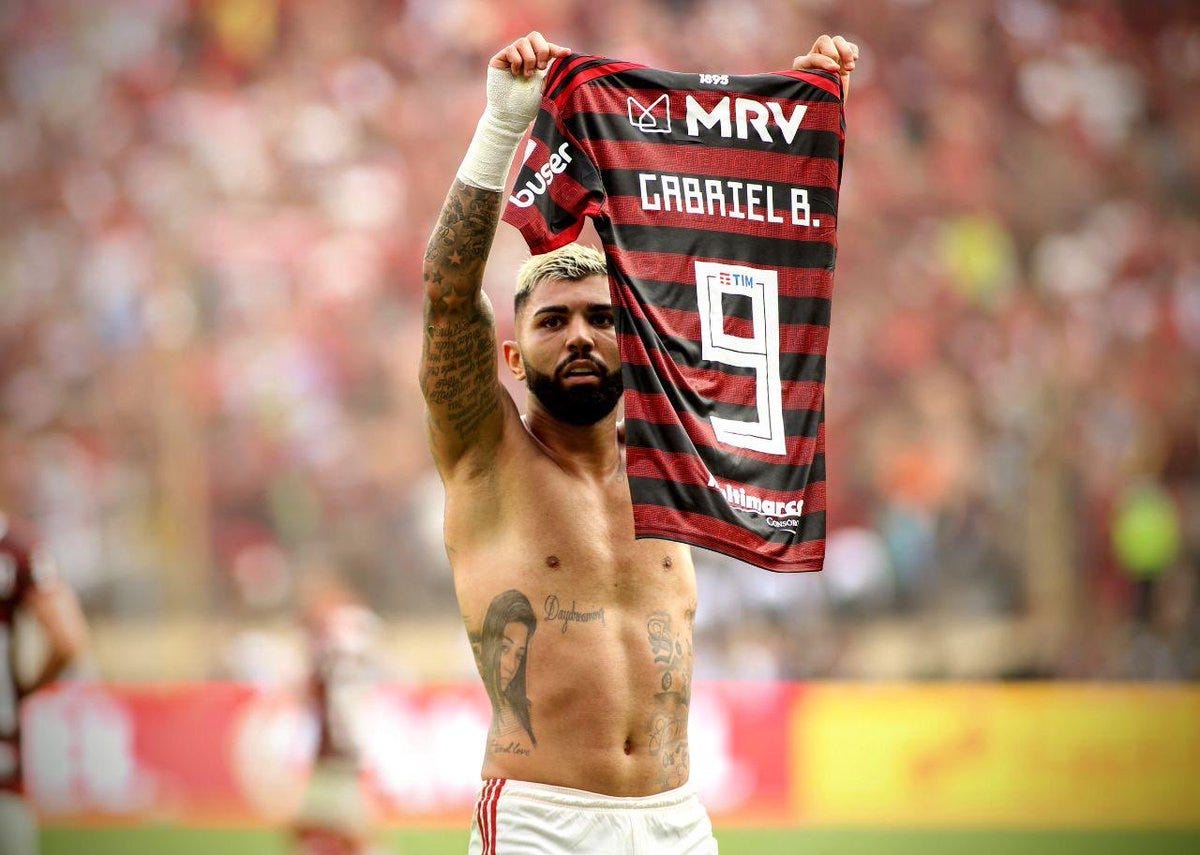L’ULTIMA.25
Welcome to L’ULTIMA, an ongoing archive of football iconography and original writing meant to explore football's place in society and the cultural implications of its role in those spaces. The name takes its inspiration from ‘L'ultima occasione,’ a song written by the Italian singer Mina Mazzini in the summer of 1965. This is the twenty-fifth edition.
Death by Consistency

Mauricio Pochettino is no longer the manager of Tottenham Hotspur. The news came late Tuesday evening, a terse, even discourteous, tweet that read, ‘Club statement,’ with the headline, ‘Mauricio leaves Club.’ That was all they could muster for a man who lead a hobbled Spurs to the Champions League final five months prior and transformed the club into a perennial title contender during his five-year tenure. Such is the life of a manager in the modern era: always the scapegoat for wealthier men’s failings, even the good ones.
It’s difficult now to conjure an image of Spurs before Pochettino, once a club known more for the ever-creative ways it lost than for being in the conversation of Europe’s aristocracy. There were a couple decent Harry Redknapp years, sure, and memories of Gareth Bale and Luka Modrić are at once present and amorphous. But the decades before Pochettino were largely a forgettable collection of Europa League qualifications and viewing a top-four finish as a tremendous success. The same can’t be said about the Spurs from which Pochettino is walking away.
Spurs are a Big Club now. The kits are made by Nike and White Hart Lane was demolished, replaced by an ultramodern stadium whose naming rights are being auctioned to whichever multinational conglomerate is willing to pay the most to see its name tower over London. Daniel Levy, as despotic and parsimonious as he is, deserves some credit for this transformation, as do the players themselves. But you get the strong sense none of this happens without Pochettino specifically.
It’s clear in retrospect that Pochettino saw the writing on the wall, even before the final in Madrid. Pochettino is a spiritual man, but he seems to be realistic enough to know it took not one but two miracles to beat Manchester City and Ajax. His comments about leaving the club if they beat Liverpool were not said in jest after all, despite the smile on his face. No, they portended his disillusionment with the current squad, many of whom were set to leave at the end of the season, and Levy’s refusal to spend the money Pochettino believed was necessary to prevent stagnancy. Perhaps that’s what’s most tragic about how Pochettino’s tenure came to end—that with a chairman who was willing to reinvest each summer Spurs could have begun a second era of dominance. The line between a manager wanting a new challenge with a new cycle of players and a new club is often a razor’s edge.
But Levy chose to err on the side of risk avoidance than to give Pochettino the space to finish the season and start anew. It didn’t matter that Spurs were only three points back from sixth, they can’t afford a patient line of thinking these days. There are expectations now, ones that only exist because of Pochettino. It spent a billion dollars to build its new stadium. Its wage bill is twice as high as it was when Pochettino arrived. Even the sixth-richest club in England must make sacrifices to ensure the money doesn’t stop. And therein lies the bitter irony: Pochettino’s greatest success was the stability he afforded Spurs to focus on its growth. Spurs would not be where they are today without Pochettino’s consistency, but failing to maintain that dependability doubled as his downfall.
Typography Sunday

A teenage Mauricio Pochettino playing for Marcelo Bielsa’s Newell’s Old Boys in 1990.
You Must Absolutely

Give It Up
For Gabriel Barbosa





